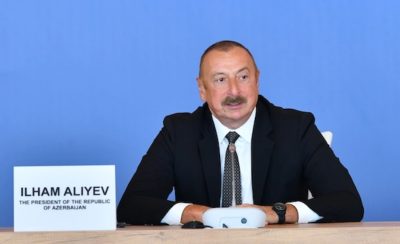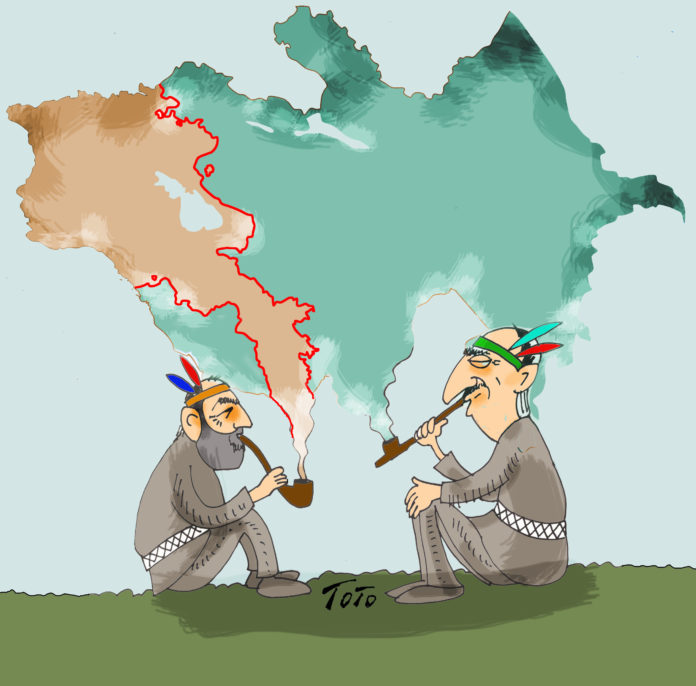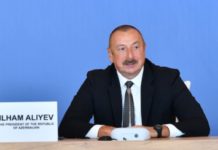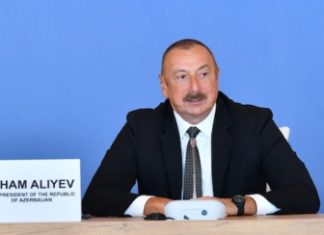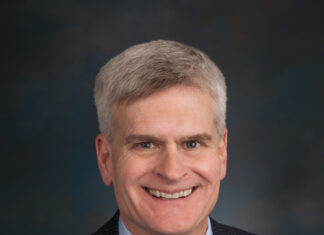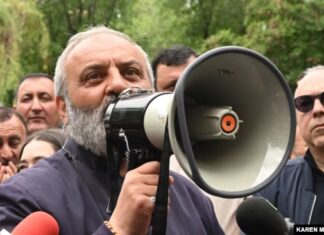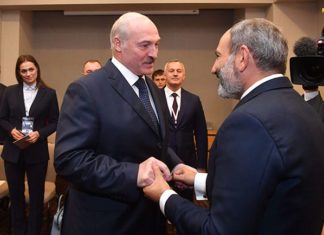The European Political Community summit initiated by France took place in Prague on October 6, featured not only the heads of the European Union countries, but a host of others, including Armenia, Turkey and Azerbaijan. Demonstrably, Russia and Belarus were left out. Obviously, this gathering was another step by the West to emphasize Russia’s isolation.
The summit was the kind of political bazaar where many countries discussed issues concerning their interests.
Although the meetings of the leaders of Armenia, Turkey and Azerbaijan were taking place along the sidelines of the forum, they drew much attention and involvement. Thus, Armenia’s Prime Minister Nikol Pashinyan and Azerbaijan President Ilham Aliyev met in the presence of French President Emmanuel Macron and European Union (EU) President Charles Michel. There was also a brief meeting between Pashinyan and Turkey’s President Recep Tayyip Erdogan.
The Prague meetings triggered a political whirlwind in Armenia and Karabakh with speculations flying everywhere.
Once the dust settles, we will find out that nothing tangible was achieved except a declaration of intent on principles outlined in a statement released after the summit. That statement reads in part: “Armenia and Azerbaijan confirmed their commitment to the charter of the United Nations and the Alma-Ata 1991 declarations [by former Soviet Republics] through which both recognize each other’s territorial integrity and sovereignty.” They continued that it would be the basis for the work of the border delimitation commission and that the next meeting of the commission tasked with settling the border issues would take place in Brussels by the end of October.
In view of Russia’s isolation, Russian Foreign Ministry spokeswoman Maria Zakharova had an angry outburst and stated that the Kremlin was offering a more comprehensive and balanced peace plan – but apparently it has no takers.
